“Responsible travel.” “Sustainability.” “Voluntourism.” In recent years, such phrases have come to permeate the tourism industry, urging travelers to do more than just visit a series of monuments. “Make a difference” is the motto many travelers now go by. The International Ecotourism Society (TIES) has noted a 30% annual increase in such non-traditional trips, whether it be in the form of teaching abroad, participating in a brief voluntourist stint, or using your round the world trip to do something more. There are lots of travelers who have experienced the urge to do good for longer. Going abroad has inspired them to keep giving back to the local economy. Read on how you, too, can leave a lasting positive footprint by creating your own NGO.
The importance of giving back to the local economy

According to the World Tourism Organization (WTO), tourism accounts for up to 10% of global gross domestic product. That makes tourism the world’s biggest industry, with most of the money going towards large corporations and chains. By creating your own NGO, you can:
- support the development of local communities
- give jobs to locals
- educate local children and adults
- provide long-term as opposed to short-term aid
As the local communities benefit, so do those who set up the NGO. As a founder, you can:
- experience a destination from a different point of view
- develop relationships with locals, learning their language and about their way of life
- witness the process of a grass-roots organization first-hand, learning how to find funding from scratch.
Creating your own NGO: Let travel inspire you
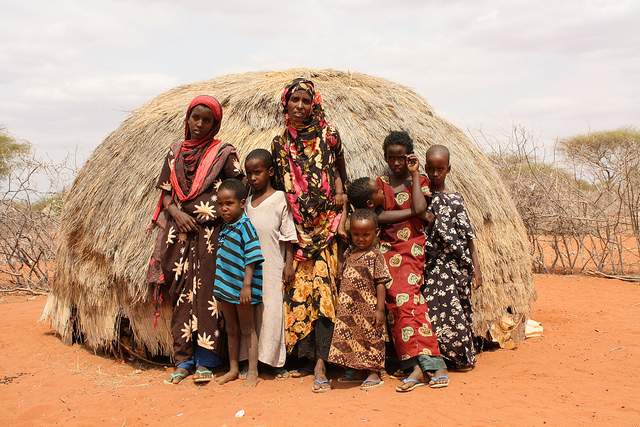
For many NGO founders, travel came first. Creating an NGO was a subsequent step in the process. “While travelling through Rwanda I stumbled on an orphanage for kids whose parents had been killed in the genocide,” recalls Andrew Simpson. “After talking to the kids and hearing their stories I wanted to help.” The fact that help could be as simple as buying some books, pencils, and a football led Simpson to found AngelMule, the non-profit arm of mmMule. AngelMule “allows travellers to use a part of their vacation to deliver urgently needed supplies to organisations in need,” explains Simpson. “In return for delivery travellers are rewarded with cultural experiences – like stays with local families, intimate tours of local sights, volunteering opportunities – or just a big hug.”
On your future travels, let the destination, people, and their living conditions inspire you to help. Being there and experiencing the locals’ way of life first-hand can help you choose where to base your NGO and what it should focus on. If you’re still short of inspiration, consider one of the following sectors:
- Human Rights, Peace Initiatives
- Environment, Marine Conservation
- Youth, Education
- Women’s Issues, Shelters
- Peace Initiatives, Natural Disaster Recovery, etc.
Finding funding
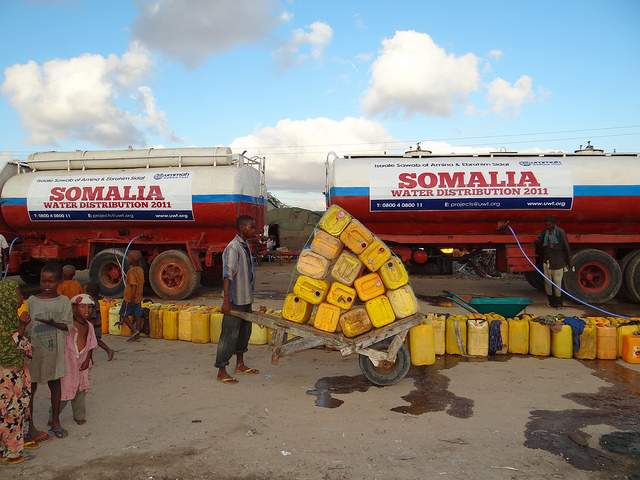
Finding a place that needs help is easy. Getting an NGO off the ground is not. The initial funds can be especially difficult to get. “The first year, I sold my truck and my mom gave me $200. Then we went to friends and family,” recalls Scott Pankratz, the founder of Ecology Project International, a non-profit organization dedicated to developing place-based, ecological education partnerships between local experts and high school students to address critical conservation issues. Pankratz adds that now, “the biggest part of our revenue stream is tuition; we now work with both local and visiting (mostly from the US) student groups and everyone pays something.” Here are some tips for future NGO founders:
- start by contacting friends and family
- take a grant-writing course
- solicit grants from local, national, and international foundations, as well as other, private donors
- work with other travelers going to the region (e.g. in the form of volunteer work or donations)
- use online services such as justgiving.com or a PayPal donate button to collect donations online.
Ricardo Saavedra notes that he is using several income streams for his H2O Bolivia, a NGO that provides clean, potable water and education to Bolivia’s rural communities, with the goal of reducing infant mortality and removing the economic barrier associated with poor access to clean water. “We are using several funding sources, including IndieGoGo, an online fundraising platform; support from family and friends; and support from the local Bolivian community in Washington DC. As of June 2012, we are receiving support from the Rotary Club in Cochabamba, Bolivia,” he says.
Use your previous skills to your advantage
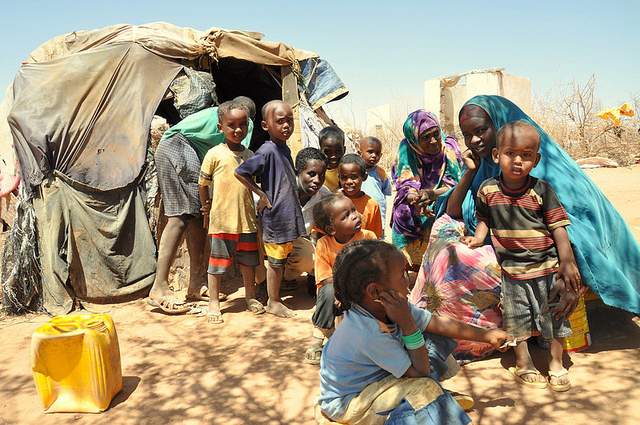
Unless you have previously worked in the non-profit sector, creating an NGO will require that you learn new skills. However, in addition to putting new abilities to use almost immediately, you can (and should) use previous skills and knowledge to your advantage. AngelMule’s Simpson, for example, came from a background of advertising and marketing with focus on the digital world. Creating AngelMule thus “was a natural switch” for him. “As a digital creative director for big global brands such as Pepsi and Volkswagen I understood the principles of building a brand and just applied them to building a brand that I was really passionate about,” he says.
Ricardo Saavedra similarly relied on his previous skills when founding H2O Bolivia. “I have always been taught that if someone has the ability to effect change then he or she should pursue it in whatever form is best. Having lived in Bolivia and in the United States, and having studied engineering, I always knew I was in the position to do something. This led to the start of H2O Bolivia and our goal in providing clean, potable water to its rural communities,” he says.
Think about what you know, and try to apply that to the NGO. For example, have you previously studied water systems in one of your university courses? Or have you already volunteered at an orphanage and now want to start your own?
Seek out strategic partnerships
Similarly, if you plan to work with others, ask them what their skills are and try to use them to your advantage. A cancer survivor herself, Terry Wingham created the Fresh Chapter Foundation, a foundation that builds strategic alliances with every major cancer support organization across North America, and through these partnerships, will offer programming to help thousands of cancer survivors select, fundraise, and prepare for international volunteer trips where they can give-back, shift perspectives on their recent struggle, and transition from patients into survivors. “My advice to anyone starting an NGO is to determine what other NGOs already exist in a similar space and to seek out strategic partnerships where possible,” Wingham says.
Work with locals and respect their customs
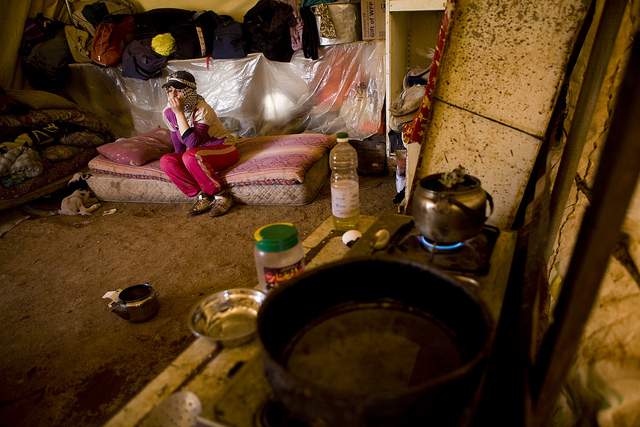
Collaborating with locals can bring great benefits. Adios Adventure Travel (AAT), for example, organizes tours for people who want to travel to Peru, Ecuador, and Bolivia and includes service components on request. Jacquie Whitt co-founded AAT with a local and highlights that, “because my business partner is a local man, he has the connections to discover the needs and set up the logistics for any group who wants to participate.” In addition to pure logistics, the fact that locals speak the language impeccably can also come in useful as you start your NGO.
As you work with locals, it is important that you are aware of their customs. Jonathan Riedel, CEO of Forword Translations, lived abroad in Kazakhstan, where he frequently worked with NGOs. “I can give one piece of advice if you’re going to start your own [NGO],” he says, “know what volunteering and philanthropy means in your country, in a profound way.” Riedel explains that where he lived, volunteering was mandatory. As a founder of an NGO, you should be aware of this contrast to the American notion of volunteering.
“In addition, contribution in some cultures expects a return contribution of some sort,” Riedel advises. Specifically, he says that people he knew in Papua New Guinea “had to be careful to give gifts that were more or less valuable than what someone gave them, since in that tribe’s culture giving an equal gift meant you never wanted to see them again.” When soliciting donations and attracting volunteers, you should be aware of such customs.
Saaevedra concurs, moreover emphasizing the need to investigate and ask questions about the issues you are dealing with. “By not asking the right questions, one cannot expect to have the correct solutions,” he says. Saavedra, too, worked with locals and experts in his field. “We have been very fortunate to bring Gonzalo Fiorilo and other water experts who already have close links to the communities we help,” he notes. “By building on this trust, we have been able to implement our classes in hygiene and our water filter distribution program. With each success, we expand our programs appropriately.”
Take action and create a website

In addition to finding funding, using your previous skills to your advantage and being aware of the local way of life, you will have to take action on more than one other front. Creating your own website is fundamental for various reasons, as it allows you to:
- inform potential donors
- reach out to prospective and current volunteers
- provide a serious platform to raise awareness of your organization
If you cannot afford an expensive web designer, try using a do-it-yourself platform such as WordPress. Similarly, to save costs, try ngowebhost.com, which offers discounted hosting for NGOs. Translating your site into the local language, as Saavedra is currently doing for his NGO H2O Bolivia, is similarly essential.
Keeping things going
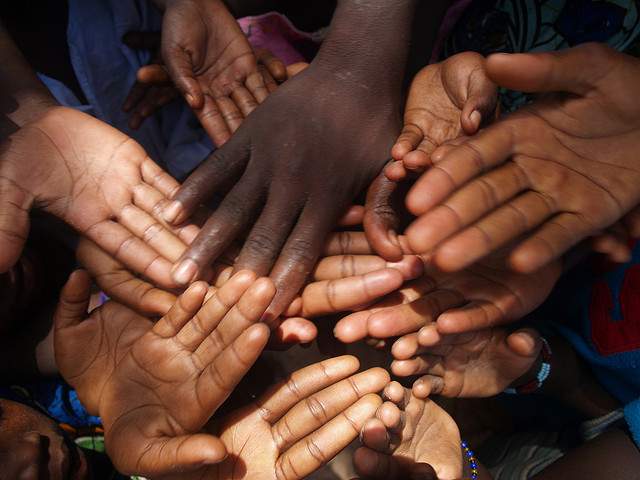
Getting an NGO off the ground is difficult, as is maintaining it. Wingham says that, “To keep the NGO going, there is power in networking, collaboration, and surrounding yourself with people who believe in you and your cause.” For a particularly useful guide to networking for NGOs, check out the PDF on impactalliance.org. “It’s not easy to build something from the ground up, but if you are clear on why your NGO should exist and how it will create positive change (locally or internationally), it makes the challenges with funding and growth well worth it,” Wingham says.
All in all, Pankratz says that “There’s really no secret, it’s just dedication and plain old hard work. It’s important to find good mentors, to be open to change, and to be committed to making a difference.” Saavedra recommends that you set milestones as you go along: “With regards to keeping it going, it has been very important to have successive milestones in our efforts. From each milestone, we reflect on the results, adjust our ideas if needed and then present it to the local community or local supporters.”
In the end, having an effective action plan will pay off. “My advice for those starting an NGO is to follow your dream without compromise but also have a plan as to how you will fund your business,” Simpson concludes.
Check out the following articles about volunteering while traveling:
- How to Add Volunteering to Your RTW Trip
- Getting Your Boots Dirty: How Volunteering in Africa Changed Me
- How to Get Started with Voluntourism
- Is It Worth It? An Insider’s Thoughts on Voluntourism in Orphanages and Schools
- 7 Ways to Work with Wildlife Abroad
- From Tourist to Agent of Change: What You Need to Know About Voluntourism
- Five Reasons Not to Join the Peace Corps
Every week, on “Round the World Wednesday” we share tips for planning, budgeting and selecting a route, plus advice on where to go and what to see and do all around the world.
Photo Credits: Nacho Fradejas – FotografiAndo, Nite_Owl, Nacho Fradejas – FotografiAndo, Oxfam International, Oxfam International, Oxfam International, Ummah Welfare Trust.

